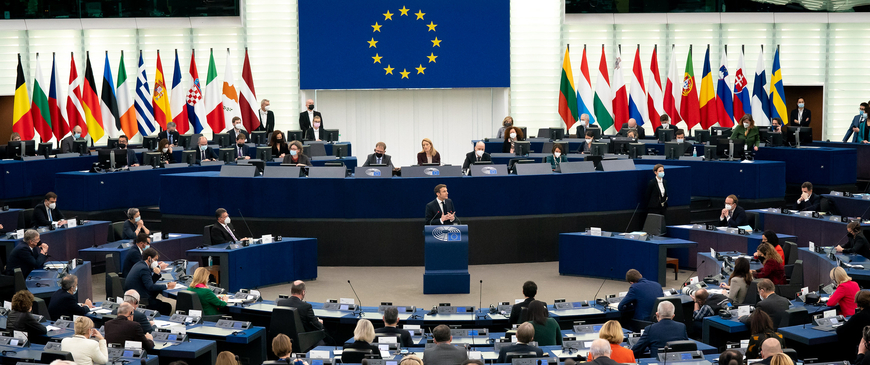
Judy Asks: Do the Europeans trust France?
The issue is partly a question of motives, partly a question of process. French President Emmanuel Macron has repeatedly made surprising foreign policy pitches and in turn had to face criticism from partners who feel they should have been consulted. Over time, Europe has come to rely on the well-oiled machine of the Macron-Versteher (one who understands Macron) commentariat, ready to contextualize his remarks and clear up misunderstandings.
On Russia in particular, Macron faces skepticism. His unilateral overtures to Russian President Vladimir Putin, comments on NATO, and calls for a new European security framework have weakened his credentials.
Yet, the backlash against Paris is not entirely fair. European heads of state currently face a damned if you do (President Macron), damned if you don’t (German Chancellor Olaf Scholz) leadership dilemma. There are two main reasons.
First, while the search for a diplomatic offramp remains important, it appears increasingly unlikely that there exists a silver bullet proposal that could lead Putin to back down.
Second, individual European countries simply don’t have the internal legitimacy or external credibility to lead and, say, cut a deal with Moscow.
Instead, the way to create trust is through collective leadership: dividing up responsibility, coordinating visits to Moscow, Kyiv, and Washington, and forging a common European position by engaging in painstaking negotiations over country-specific interests. It’s less dramatic, but more effective.
Sophia Besch is a senior research fellow at the Centre for European Reform.
Read full article here.
